Property/casualty insurers and their CEOs are pledging to help their communities and employees find a meaningful way forward after the Memorial Day death of George Floyd in Minneapolis that sparked ongoing national protests against racism and police brutality.
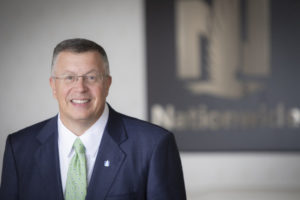
“The past week has been filled with significant emotion. We are saddened, angry and concerned by the tragic death of George Floyd in Minneapolis, and we send our deepest condolences to his family for their loss,” Nationwide CEO Kirt Walker wrote in a June 1 blog posting on the company’s website. “We’re alarmed about the destruction in our communities. We are struggling to make sense of everything and determine what we can do to be a force for good and effect change.”
Walker said he spent “a good deal of time” reflecting on current events, and he noted that Nationwide has made strides “cultivating a diverse and inclusive work environment.” But, he said, the company must continue to make progress both within and outside of its walls. He added he and his leadership team are also taking time “to sit down and listen” to associates about their thoughts right now on how to move forward.
Inherent Bias, Systemic Racism
“Now more than ever, we need to listen. And not just listen to hear, but listen to understand,” Walker said. “In the coming days, I encourage each of us to step outside of our comfort zones, seek to understand, engage in productive conversations and hold ourselves accountable for being part of the solution. We must forever stamp out racism and discrimination.”
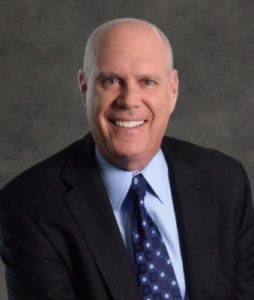
Jack Salzwedel, chair and CEO of American Family Insurance, posted a lengthy LinkedIn essay on June 2 about what happened, pointing out that Floyd’s death in Minneapolis is the latest example of “a broken society, fueled by a variety of factors but all connected by inherent bias and systemic racism.
“We should pay attention to these events, care about what’s happening…and we should be angry—all of us,” he wrote.
Salzwedel said society must take action on multiple levels and in new ways.
“It also requires people of privilege—white people—to stand up for and stand with our communities like we never have before,” he said. “I’m privileged. I have a voice. I want to use it for good.”
Senseless Deaths
Chubb CEO Evan Greenberg emailed the global insurer’s U.S. employees on June 2 with an expression of shared anger about Floyd’s death and many other recent incidents like it.
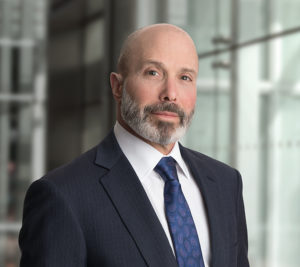
“Like you, I have watched the tragic events unfolding across our country the past week with mixed feelings of frustration and anger. The senseless deaths of George Floyd in Minnesota, Breonna Taylor in Kentucky and Ahmaud Arbery in Georgia, and the terrible confrontation involving Christian Cooper in New York City’s Central Park, are examples of bigotry, racism and sheer ignorance against black Americans that remain endemic in our institutions and are tolerated or even considered acceptable in parts of our society,” Greenberg wrote.
He added that Americans are “supposed to know what we stand for” and that along those lines, tolerating bigotry and racism is unacceptable.
“We have an obligation to find our voice and raise it when we see social injustice,” he said. “We all have to make a difference by standing with those who are being prejudiced. We need to participate in honest dialogue that bridges understanding and arrives at shared actions and responsibilities.”
Fighting for Racial and Economic Justice
Tom Troy, CEO of AAA Insurer CSAA Insurance Group, said in a LinkedIn posting that the company stands with its black employees and said his company would pursue a number of new initiatives. He also said that riots in the wake of Floyd’s killing affected him personally.
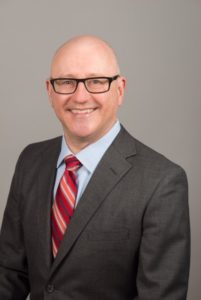
“I am deeply troubled by these events. It is difficult to see these tragedies and not feel personally impacted in ways large and small,” he said. “While watching events unfold Saturday evening, the broadcast showed the police station burning in the city where I was born. It brought back memories of riots following the acquittal of the police officers who beat Rodney King. I could vividly remember where I was that night, watching TV with the same sense of helplessness and disbelief. And what comes to mind is that in all these years, we haven’t made enough progress. It’s simply not enough.”
Troy said that CSAA would donate $10,000 to the Equal Justice Initiative “to support its work for racial and economic justice, challenging mass incarceration and protecting basic human rights for the most vulnerable in American society.” He also pledged to match employee donations to the organization.
He also said CSAA would provide resources to its employees to help support and empower them to take action, and also support them during the COVID-19 pandemic, which has disproportionately affected black, Latino and Native American communities. Those efforts include virtual conversations to discuss the emotional impact of recent events and ways to cope with stress and anxiety, group meditation, and fitness classes “to support mental and physical well-being,” and also support for employees to use the company’s Employee Assistance Program for confidential emotional support.
Teaming With Other Industries
Kathleen Savio, CEO of Zurich North America, and Alan Schnitzer from the Travelers Companies Inc. are among nearly 200 other business leaders from multiple industries who signed a letter from the Partnership for New York City that pledges to help combat racial injustice and inequity and its impact on society.

The letter notes disparities in society for communities of color made worse by the ongoing COVID-19 pandemic and lays bare by the violent death of Floyd and others like him. With those things in mind, the letter restates commitments to diversity and inclusion among boards and executive leadership, plus a broader push to improve society.
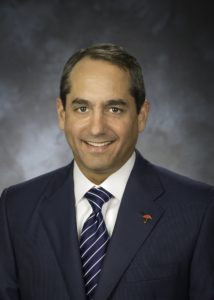
“As members of the Partnership for New York City, we are supporting programs to ensure that the city’s public school students gain the skills and career opportunities required to achieve economic equality and helping racially diverse entrepreneurs and small businesses survive and rehire workers as quickly as possible,” the group’s leader states.
At the same time, the letter points out that “no amount of philanthropy can make up for the divisions in American society that the pandemic has exposed and deepened.”
“New York has prided itself on being the world’s most open and inclusive city, attracting top talent from everywhere to build lives, careers and businesses here,” the group letter points out. “But these opportunities have not been equally accessible to young people of color who have grown up and attended school in our poorest neighborhoods. In our post-pandemic city, that must change, and we are committed to help make that happen.”
Influence Change, Join Twitter Conversation
State Farm made a more general statement on its website, condemning Floyd’s death and others before his, with a promise to enable change.
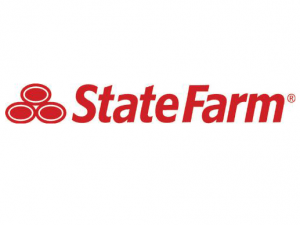 “These times are a stark reminder that our society still suffers from far too many cases of distrust, hatred and racism. This is not the world we should accept as a society,” State Farm said. “We must push ourselves to influence change and create compassion. State Farm has long been committed to helping build safer, stronger communities. We embrace the responsibility to work with others to make the world around us better.”
“These times are a stark reminder that our society still suffers from far too many cases of distrust, hatred and racism. This is not the world we should accept as a society,” State Farm said. “We must push ourselves to influence change and create compassion. State Farm has long been committed to helping build safer, stronger communities. We embrace the responsibility to work with others to make the world around us better.”
Utica National Insurance Group joined the discussion with a short but powerful statement, also posted on its website, that ends with a Twitter hashtag.
“Racism, prejudice and injustice toward people of color is unacceptable, and has no place in our society,” Utica National said. It is upon all of us to support one another and create a society where everyone is truly equal. Together, we can #BeTheChange.”




















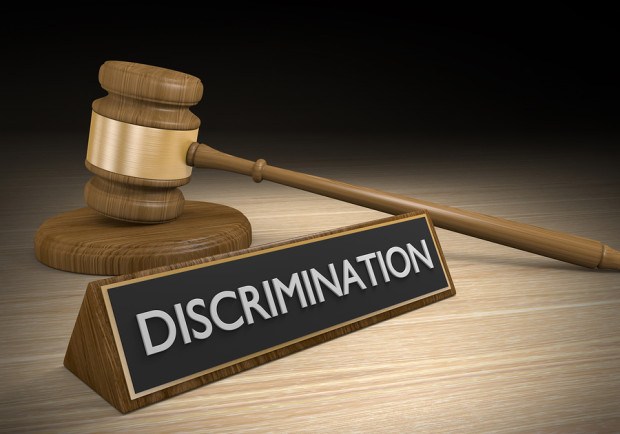
 Viewpoint: Runoff Specialists Have Evolved Into Key Strategic Partners for Insurers
Viewpoint: Runoff Specialists Have Evolved Into Key Strategic Partners for Insurers  Is Risk the Main Ingredient in Ultra-Processed Food?
Is Risk the Main Ingredient in Ultra-Processed Food?  New Texas Law Requires Insurers Provide Reason for Declining or Canceling Policies
New Texas Law Requires Insurers Provide Reason for Declining or Canceling Policies  Teens’ First Year on the Road Most Deadly
Teens’ First Year on the Road Most Deadly 










